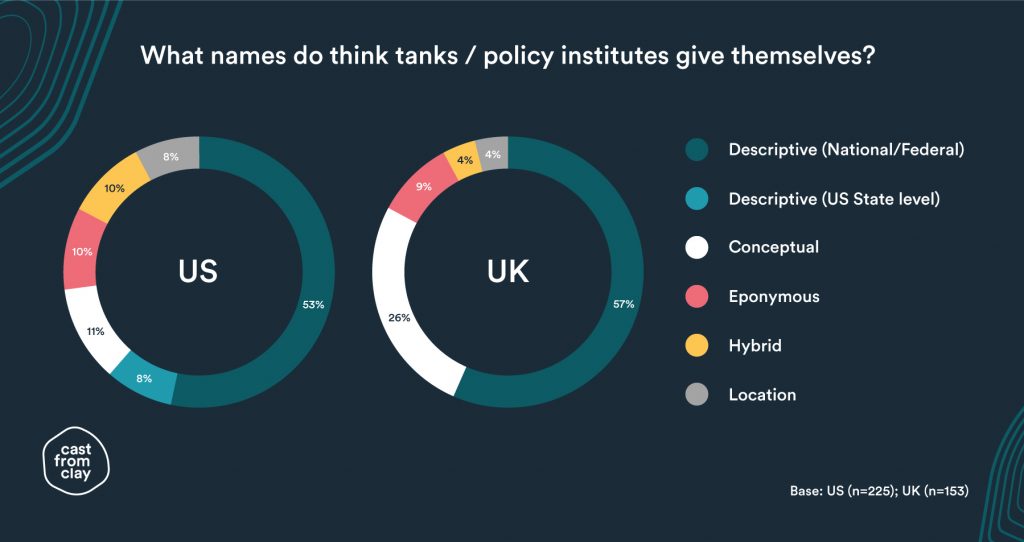
Introduction to Think Tanks; Working and Types
- Post by: Wasla Zainab Awan
- August 10, 2021
- No Comment
The world has been dynamically progressing on the routes to advancement adding a significance to the betterment of quality lifestyle.
There are numerous organizations and policy making platforms who are working in this regard, out of these, a think tank is one of prominent mentions.
Let us have a look at what a think tank is and how it works.
What are Think Tanks?
A think tank, or policy institute is a research institute that performs advocacy and research concerning topics such as culture, military, economics, technology, political strategy and social policy.
Most think tanks are non-governmental organizations, but some are semi-autonomous agencies within government or are associated with particular political parties or businesses.
Think-tank funding often includes a combination of millionaire donations and individual contributions, with many also accepting government grants.
How Think Tanks Work?
Think tanks publish articles, studies or even draft legislation on particular matters of policy or society. This information is then readily used by governments, businesses, media organizations, social movements or other interest groups as part of their goals.
Think tanks range from those associated with highly academic or scholarly activities to those that are overtly ideological and pushing for particular policy, with widely differing quality of research among them. Later generations of think tanks have tended to be more ideologically-oriented.
Types of Think Tanks:
There are many different types of think tanks out there and it is important to be aware of any special interests, political affiliations or profit structures that they offer for people interested to become a part of them. Following are the categories think tanks majorly lie in:
- Autonomous and Independent: Significant independence from any one interest group or donor and autonomous in its operation and funding from government.
- Quasi Independent: Autonomous from government but an interest group (i.e. unions, religious groups, etc.), donor or contracting agency provides a majority of the funding and has significant influence over operations of the think tank.
- University Affiliated: A policy research center at a university.
- Political Party Affiliated: Formally affiliated with a political party.
- Government Affiliated: A part of the structure of government.
- Quasi Governmental: Funded exclusively by government grants and contracts but not a part of the formal structure of government.
- For Profit: Public policy research unit located within a corporation or operating as a freestanding for-profit think tank.
Joining a Think Tank:
A think tanks brings an exclusive opportunity for those who can put tireless effort and passion to policy making in the domains of politics, culture, technology, and development. The youth is by far regarded with utmost consideration to cultivate their potential in a think tank body with more opportunities and career progression needed.
